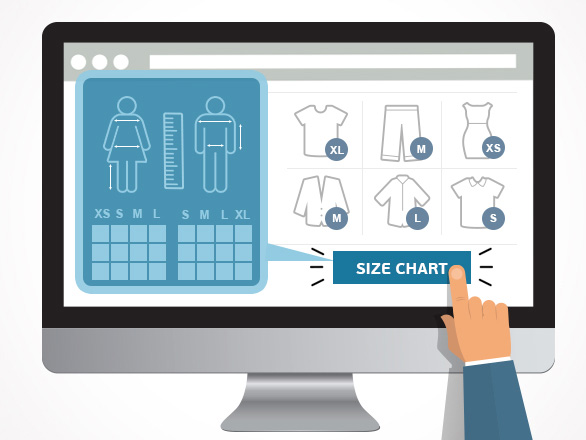Prepare Your Magento Store for Google Analytics 4
The tools and platforms we use to run our online businesses are constantly evolving with the evolution of technology. The upcoming end of life of Universal Analytics, scheduled for 1 July 2023, is one such change. This development is a significant shift in the Analytics field, and website owners are encouraged to migrate to more advanced Google Analytics 4.
Let’s explore the importance of moving to GA4 in this blog, and show you how Plumrocket can help seamlessly move, ensuring that your precious tracking information doesn’t get lost.
Why Upgrade Magento 2 to Google Analytics 4
It is primarily because Universal Analytics properties will stop processing data soon. But Google Analytics 4, the future of analytics, will replace it and offer merchants more detailed information and a better understanding of user behavior across different platforms and devices. To enable businesses to make proper decisions, GA4 provides enhanced tracking and measurement options thanks to advanced features and more accurate data modeling capabilities. These features include enhanced event tracking, predictive analytics, cross-device tracking, and much more.
Seamless Switch to GA4 with Plumrocket
A smooth and painless transition of Magento 2 to Google Analytics 4 is important, first of all, not to lose the valuable data you collected over the years, and secondly, to keep tracking the same it the same way in the future.
Starting from March 2023, Google will be automatically creating GA4 properties for users based on the existing settings in Universal Analytics. However, it’s always recommended to double-check and ensure all your custom events are transitioned properly, and you won’t lose any valuable data during the process.
Another important point is to ensure your website’s Google Analytics tracking code integration is still working. Here’s how we can assist you in making sure user data will be tracking properly after 1 July 2023:
Step 1. Setting up Google Analytics 4 properties
We will start with setting up your GA4 properties if you still use Universal Analytics. To keep tracking your data, it’s extremely important to set everything up as before: define your custom metrics, conversion goals, filters, segments, and more.
Step 2. Checking GA tracking code integration with Magento
Once GA4 properties are created and properly configured, we review how your Analytics is implemented on your website. Whether you are using an extension, manual script, Google Tag Manager, or other methods for GA tracking code integration, our experts will check whether it applies to GA4 and identify any potential challenges in migrating to GA4.
Step 3. Offering the best solution for GA4 update
Every website is unique, and we’re aware of its importance in terms of a tailored solution. If your Google Analytics integration doesn’t work for GA4 properties, we will provide you with options best suited to your specific website’s needs and objectives. This will ensure that GA4 migration is made without delay and maximizes the potential benefits of this new tool.
Step 4. Testing GA4 data collection
Finally, we test if your GA4 property and events are functioning as intended, and that data is being collected accurately. Rest assured your analytics setup remains reliable, and you can confidently make data-driven decisions.
The easiest way to connect Magento 2 & Google Analytics 4
Connecting Google Analytics 4 to your website can be made easier and more efficient through Google Tag Manager. While other manual methods are available, Google Tag Manager streamlines the process by centralizing all your website tags in one place. This allows for the simple management and updating of various tracking codes and scripts, such as Google Analytics, without the need for manual coding or website modifications.
At Plumrocket, we provide a streamlined solution to ensure compliance with major data privacy laws. Our Cookie Consent extension allows merchants to integrate Google Analytics via Google Tag Manager while still following CCPA and GDPR data privacy regulations. With this extension, you can implement a cookie consent mode, obtain necessary user consent, and ensure that your Google Analytics accurately tracks user data while remaining compliant with data privacy laws. This seamless integration saves you time, reduces complexity, and provides peace of mind, enabling you to focus on leveraging the insights generated by Google Analytics to drive your business forward.
With the help of Cookie Consent extension and built-in Google Tag Manager, you can easily set up a strong analytics framework that is legally compliant and perfectly tailored to your website’s needs.
Conclusion
It is important to upgrade your Magento 2 Google Analytics 4 integration due to the end of life for Universal Analytics on July 1, 2023. By making this update, you will have access to advanced features and valuable insights into your website’s performance. Our team at Plumrocket is committed to helping you seamlessly transition without losing any important data. We have the expertise to guide you through the process and ensure a smooth upgrade, empowering your business with enhanced analytics capabilities. Don’t delay – make the switch now and stay ahead in the world of data-driven decision-making!
Contact us now to discuss your Magento 2 GA4 migration needs and embark on a successful transition to the future of analytics!




